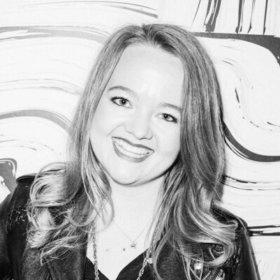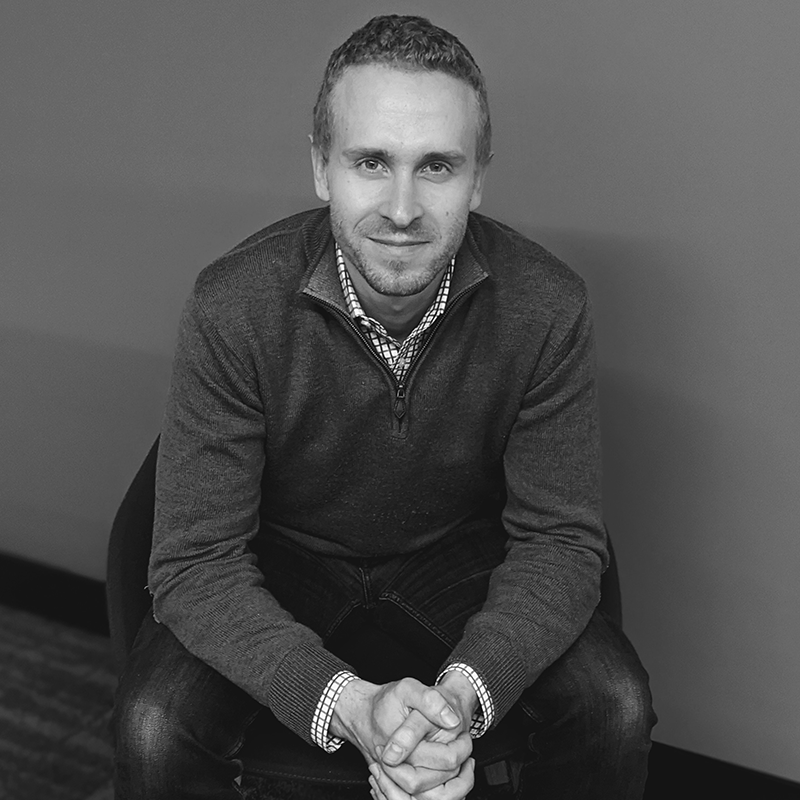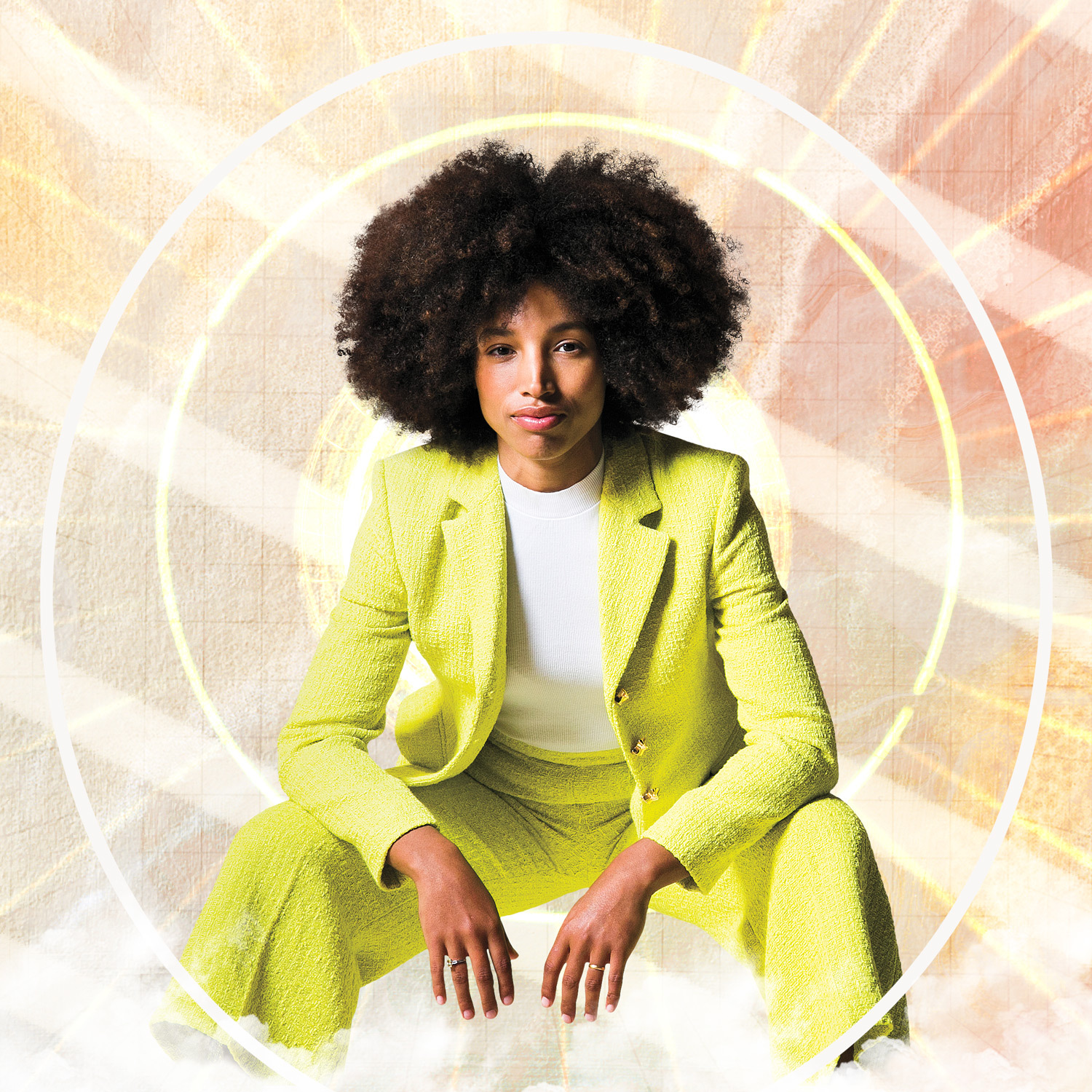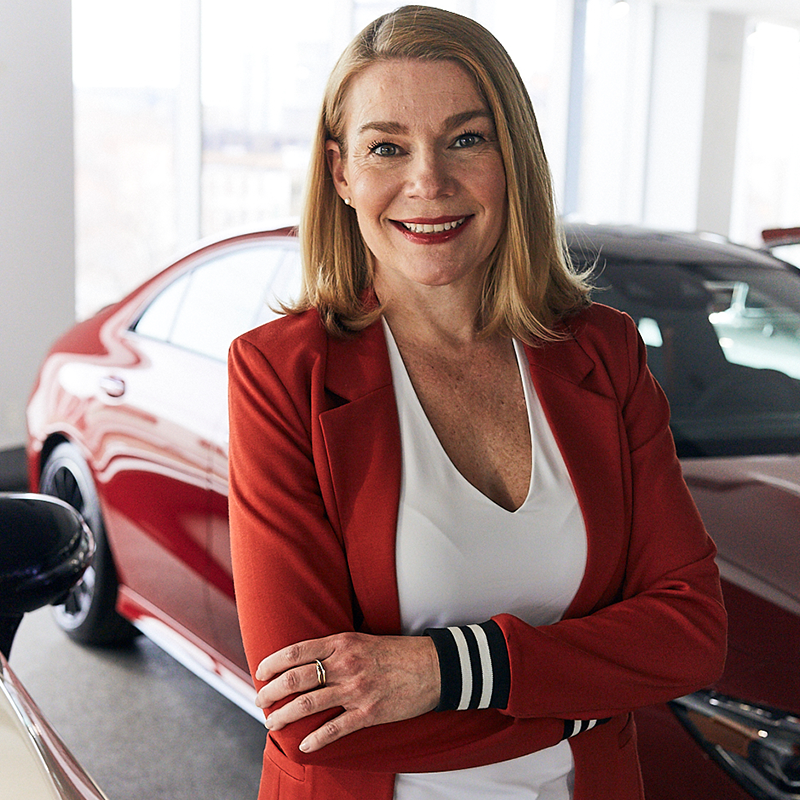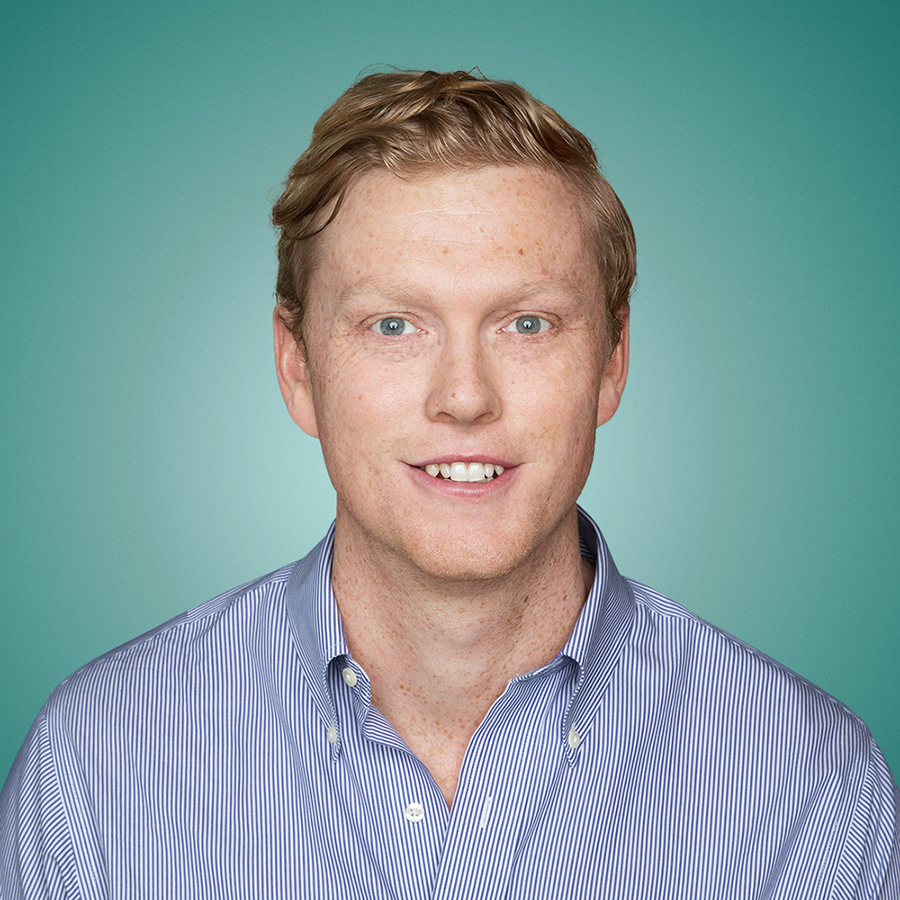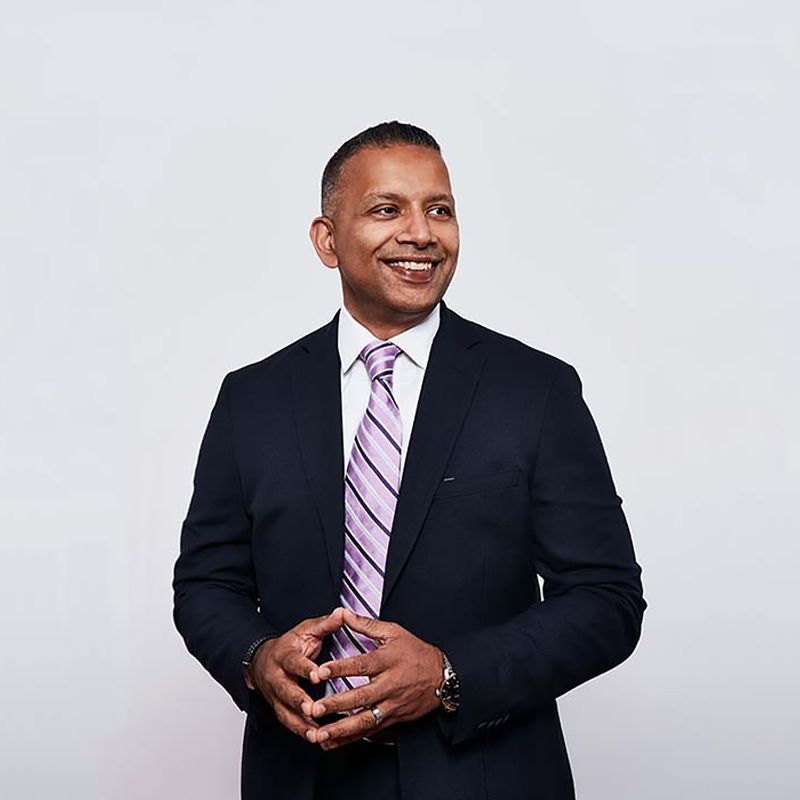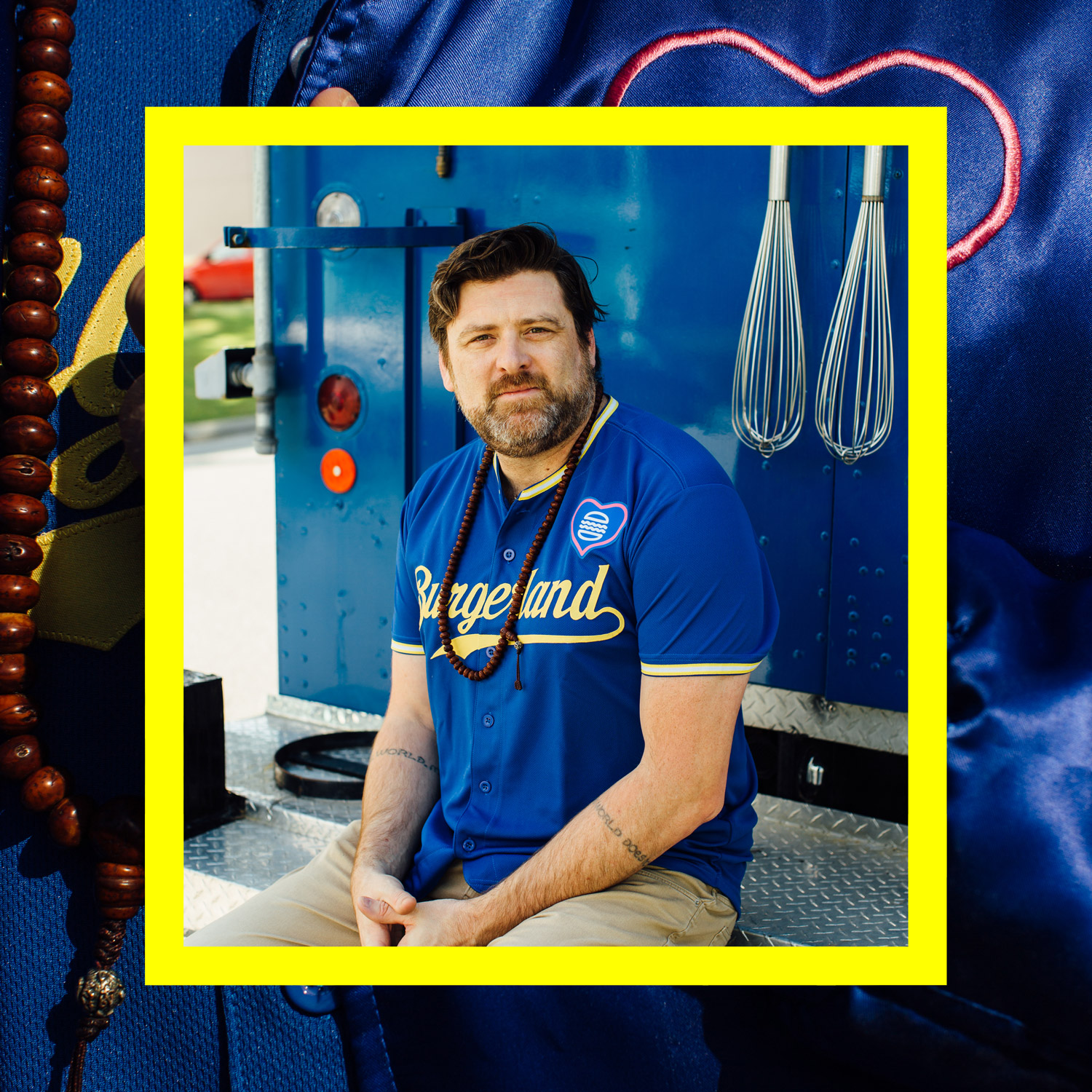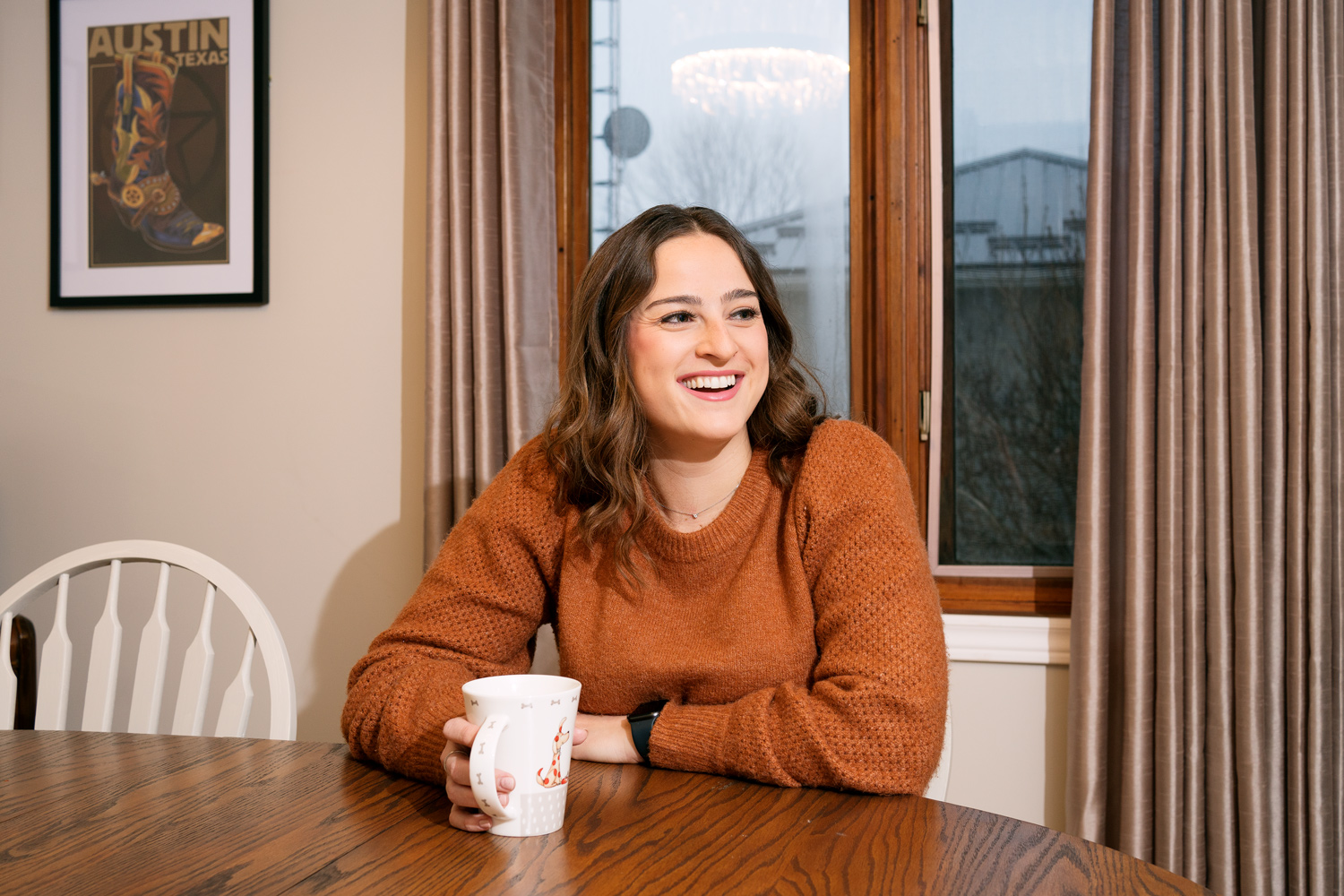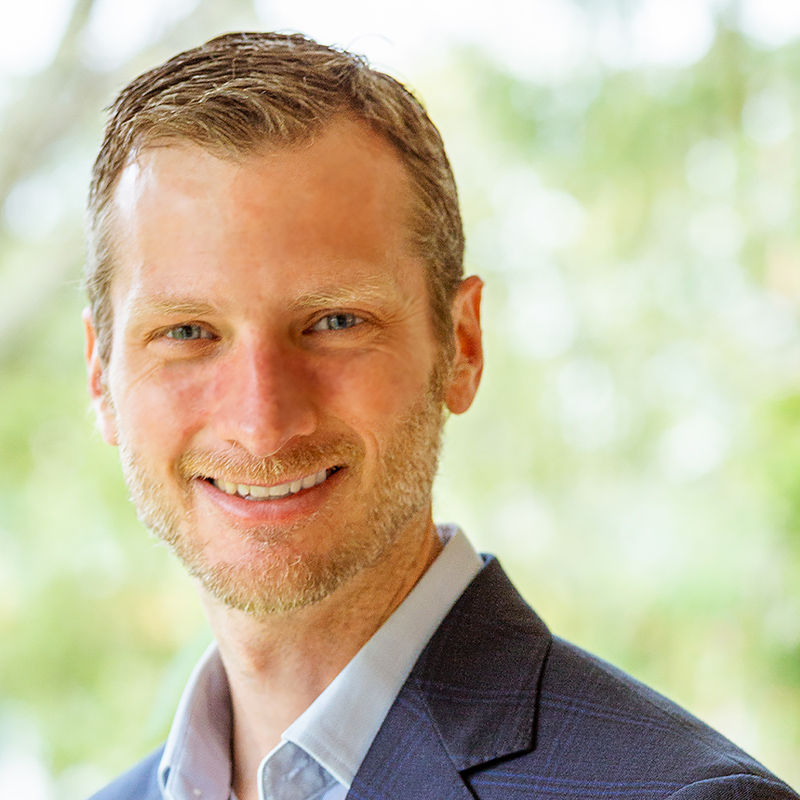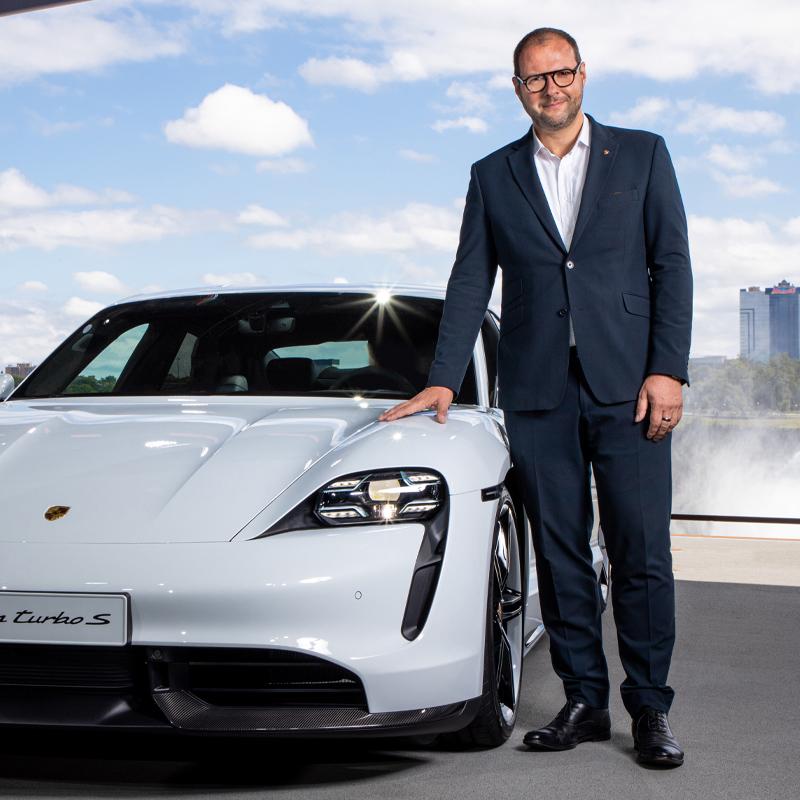Raquel Urtasun Is Bringing Transparency to Self-Driving Technology
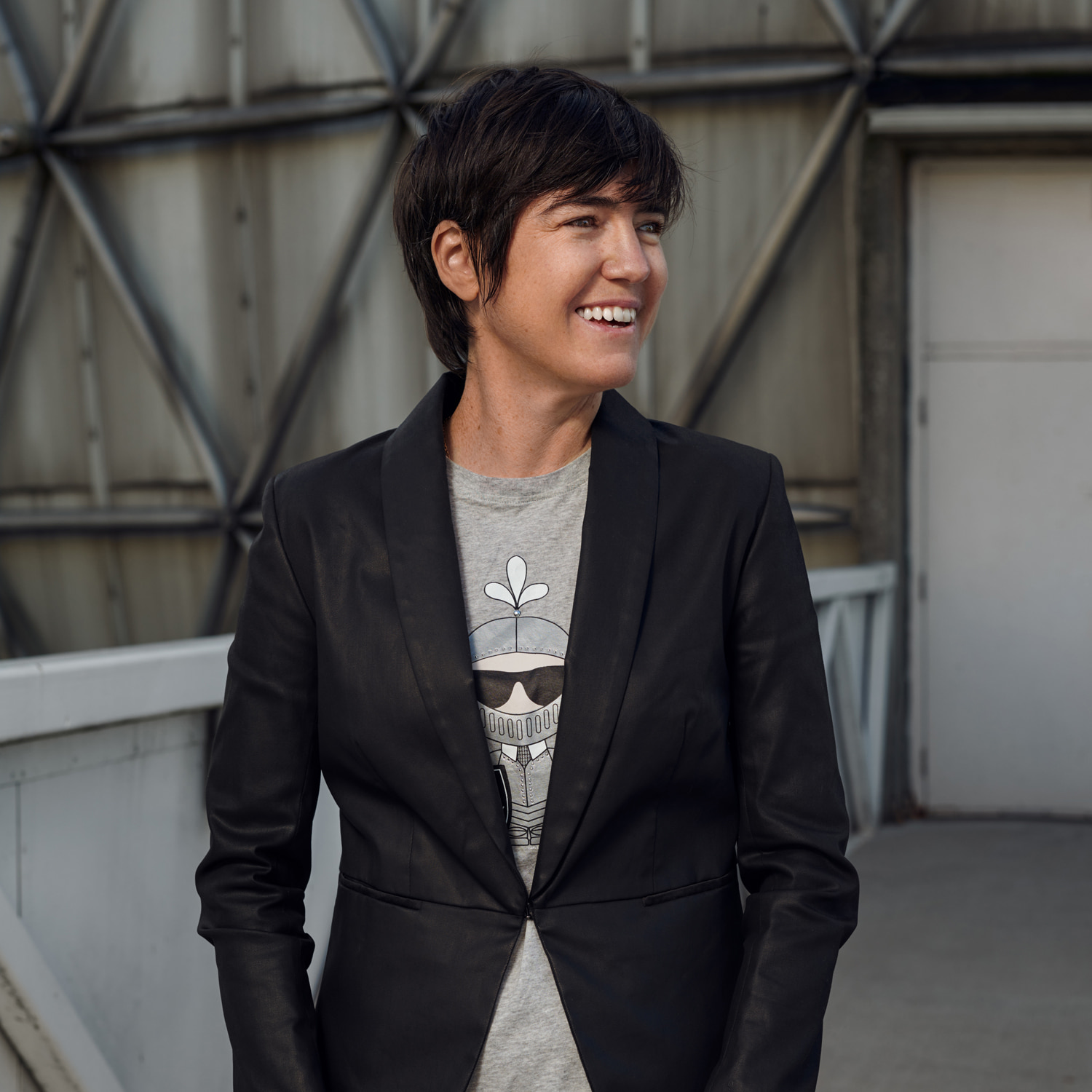
Earlier this year, autonomous-vehicle company Waabi raised $100 million in initial capital, one of the largest Series A funding rounds in Canadian history. The Toronto and California-based business is the brainchild of Raquel Urtasun, the former head of R&D at Uber’s self-driving unit.
As a child, three things I loved were math, video games and sports. I knew I wanted to do something technical when I grew up. I first learned about AI as an undergrad at the Universidad Pública de Navarra in Spain, and I was hooked. Not only was it mathematically challenging, this technology was also going to have a transformational effect on our lives.
After undergrad, I worked in medical imaging, which was really interesting: How do we extract knowledge from pixels? That led me to my Ph.D. in computer vision, which is about interpreting sensory data from cameras. It was fascinating—and would become very useful in my later career in self-driving.
My first job in that arena was as a professor at the Toyota Technological Institute, an academic research institute affiliated with the University of Chicago. Throughout my career, there have been moments when I had to make a tough decision to do one thing and not the other. Deciding to become a professor was one of those moments, but it wasn’t really a question, because I love to help people develop their potential. When I later made the jump into industry—as chief scientist for Uber’s self-driving unit—it was to better understand the problems I was researching through access to a large program and resources.
Self-driving quickly became my obsession. When this technology is at scale, it will save so many lives. Improving safety on the road is one of the most important motivators for me. I know too many people who have had severe traffic accidents. While I was at Uber, I realized that this industry is stalled and in need of a fresh, innovative approach to commercialization. That’s why I founded Waabi—because we needed to start something new.
“One thing that got me here is that I never give up. I take a deep breath, I look back at what I’ve already done and I keep going.”
We formally became a company in January this year, and our team is now made up of 40-plus experts who are at the forefront of innovation in self-driving. Waabi takes an AI-first approach that’s built on what we’ve learned about self-driving in the past two decades. We’re very open about the ins and outs of our technology, where it does and doesn’t work and the proper metrics for assessing its performance. This transparency helps all parties—such as regulators, investors and even the public—to get a clearer understanding of how the technology works and, in turn, paves a path to broader adoption of the technology. We believe the technology that will go to market first will be for long-haul trucking. There’s a real business need. It’s one of the most dangerous professions in North America, plus there’s a chronic shortage of drivers, which COVID has only made worse. The $100-million funding we secured this spring has been our biggest milestone so far. It’s helping us achieve our ultimate goal of bringing self-driving closer to commercialization.
One thing that got me here is that I never give up. I take a deep breath, I look back at what I’ve already done and I keep going. As a woman, or any minority, you have to accomplish 10 times as much to be recognized. I’ve experienced discrimination over the course of my career, and it’s something many female engineers still struggle with. But I never lost the drive to overcome the roadblocks. Now that I’m a leader, it’s about not just what I can accomplish but what my team can accomplish. We can do so much more together.
